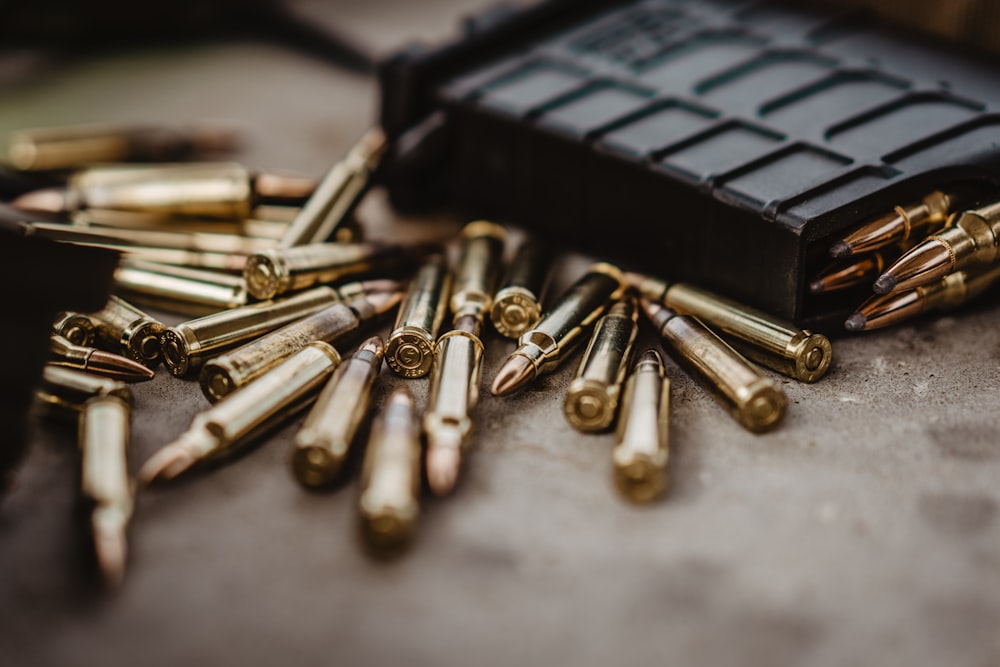Last Week in Federal Appeals (No. 55)
Appellate decisions from the week of October 30 to November 3, 2023
“The Second Amendment to the Constitution recognizes an individual right to ‘keep and bear Arms.’ Of that there can be no doubt. . . . But as we know from long experience with other fundamental rights, . . ., even the most important personal freedoms have their limits. Government may punish a deliberately false fire alarm; it may condition free assembly on the issuance of a permit; it may require voters to present a valid identification card; and it may punish child abuse even if it is done in the name of religion. The right enshrined in the Second Amendment is no different.”
Judge Wood, Bevis v. City of Naperville
Decision Summaries
Second Circuit
SEC v. Govil
Citing the U.S. Supreme Court’s decision in Liu v. SEC, the Second Circuit held that disgorgement remedies are subject to “traditional equitable limitations.” Thus, the panel explained that a defendant in a fraudulent securities case cannot be required to pay additional disgorgement unless the defrauded investors are found to be “victims” who suffered pecuniary harm.
Fourth Circuit
Gibson v. Goldston
The Fourth Circuit reaffirmed that judicial immunity does not shield the conduct of judges who step outside their judicial role, as the defendant judge did in this case when she entered the plaintiff’s residence over the plaintiff’s objections and supervised the seizure of items subject to a divorce decree.
Sixth Circuit
Johnson v. Griffin
The Sixth Circuit held that a federal court does have personal jurisdiction over a defendant in a diversity case when the defendant uses social media to communicate directly with a company the forum state by tagging the company in an otherwise public post.
Seventh Circuit
Bevis v. City of Naperville
In a consolidated case, the Seventh Circuit held that challengers are unlikely to succeed in their Second Amendment challenges to regulations of “assault weapons and high-capacity magazines” promulgated by the State of Illinois and several municipalities. As such, the panel affirmed the district courts that refused to enjoin the enforcement of these laws and reversed any injunctions issued.
Ninth Circuit
Isaacson v. Mayes
The Ninth Circuit held that physicians seeking to challenge Arizona’s Reason Regulations, which criminalize the performance of certain abortions, sufficiently demonstrated both actual and imminent injuries and established standing. Thus, the panel remanded the case back to the district court to decide on the plaintiff physicians’ motion for preliminary injunction to prohibit the enforcement of the law.
Hanagami v. Epic Games, Inc.
The Ninth Circuit held that the plaintiff plausibly alleged that Epic Games, Inc. infringed on plaintiff’s copyrighted work when the company created and sold an animated “emote” in the videogame Fortnite depicting portions of plaintiff’s choreography. Specifically, the panel identified that plaintiff’s creative choices in selecting and arranging elements of the choreography made the combination of elements as a whole protectable.
Eleventh Circuit
Pernell v. Andrade
The Eleventh Circuit held that all documents related to a bill’s drafting and adoption, including factual documents, are protected under the scope of the unqualified legislative privilege, which derives from common law. Thus, the panel reversed the district court and remanded with instructions to quash plaintiff’s subpoenas seeking the protected information.
Any opinions expressed here are our own. This article is not legal advice; if you have a legal issue, you should consult an attorney.
If you liked this article or have thoughts about it, please like or comment below (or email Ben at breese@flannerygeorgalis.com or Antonia at agelorme@flannerygeorgalis.com) and consider sharing it with your friends and network.




